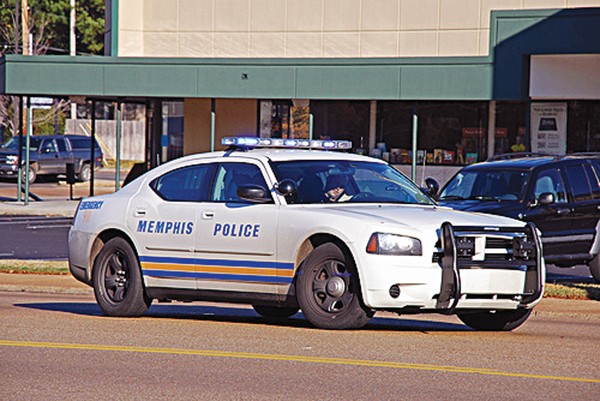
The Memphis City Council will reconsider a referendum on police and fire residency requirements set to be on the November ballot at its meeting Tuesday.
The council voted in February not to rescind an ordinance passed by the previous council to allow voters to decide if public safety officials should live within 50 miles of the city. Now, the council will return to that ordinance, deciding whether or not to keep it on the November ballot.
Ahead of the council’s vote, a coalition of Black clergy members gathered virtually to express concerns about the referendum and relaxing the residency requirements for police officers.
Rev. Earle Fisher of Abyssinian Missionary Baptist Church said the city’s premise behind relaxing residency requirements is that “violent crime is best managed by an increase in police officers, thus we must relax requirements because we can’t recruit enough personnel.”
But, Fisher says the group disagrees with that premise: “We do not need more officers to solve the problem. It’s a matter of quality, not quantity.”
“We decrease crime by decreasing poverty, by investing more in public education than we invest in incarceration, by making it easier to get a job paying a livable wage than it is to get access to guns and drugs,” Fisher says. “To this end, we implore every city council member to do the right things and vote to remove this referendum.”
The vote signifies “our broader long-term commitment to change,” Fisher said.
[pullquote-1]
Rev. Roz Nichols of Freedom Chapel Christian Church said the group “expects and demands for us to have safety officers that will serve and live as residents in our community. We do believe that residency matters.”
“Substantial transformation,” Nichols said, will come in the form of funding for agencies to “appropriately” respond to mental health crises, at-risk youth, homelessness, and domestic violence.
“These are not new issues, but we are at a critical moment when we are looking for transformational change,” Nichols said. “How can the $9.8 million from the justice department be appropriated to fund those things that help support community safety?”
Nichols said she and the other clergy members “expect the city council to move in the direction of systemic change and not perpetuate the status quo” by removing the referendum from the November ballot.
“More officers, regardless of their residency, will not be the solution to the real crises we face,” she said.
The city council will take the first of three votes on the ordinance to remove the residency requirement question from the November ballot Tuesday (today) during its 3:30 meeting. Tune in here.
 Brandon Dill
Brandon Dill